Bath vs shower: water usage, cleanliness and other FAQs
Written by
11 April 2023
•
9 min read
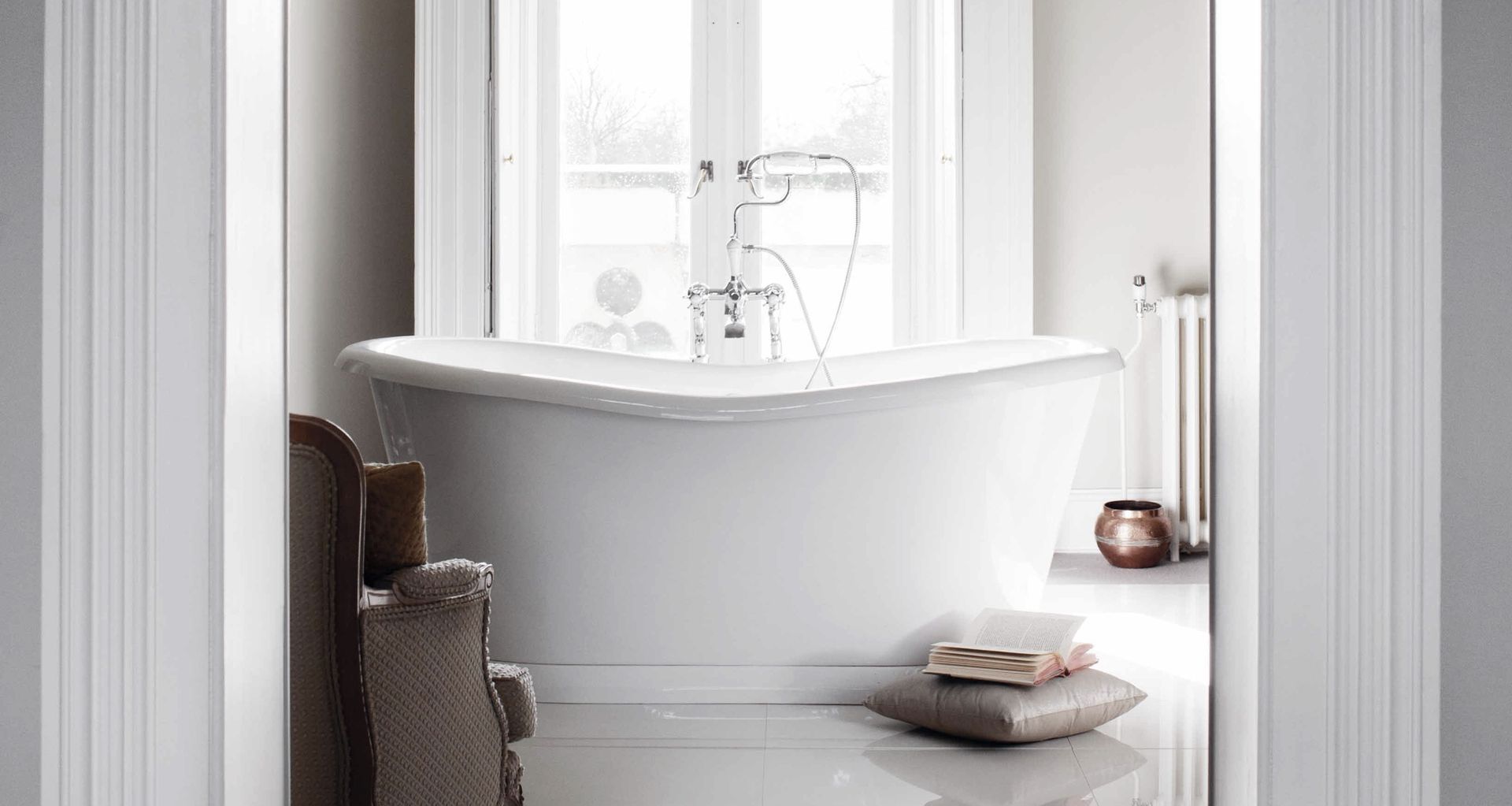
There are a lot of talking points to address when comparing the merits of showers and baths, some of which are more contentious than others. While there is no right or wrong answer in the overall scheme of things, there are some specific facts that can be highlighted, which can give you a better idea of what the key differences are as well as the strengths and benefits of both.
What's the difference between a shower and a bath?
Before anything else, it's best to first establish how a bath and shower differ from one another at a fundamental level.
A shower is an apparatus that allows you to stand under a stream of clean water. A bathtub is a large basin that can hold a large amount of clean water that you can soak your body into. This is, in a nutshell, the essential difference between a shower and a bath but as you’ll see, there’s a little more to unpack as we dive deeper into it.
Related article: Different types of baths and their pros and cons
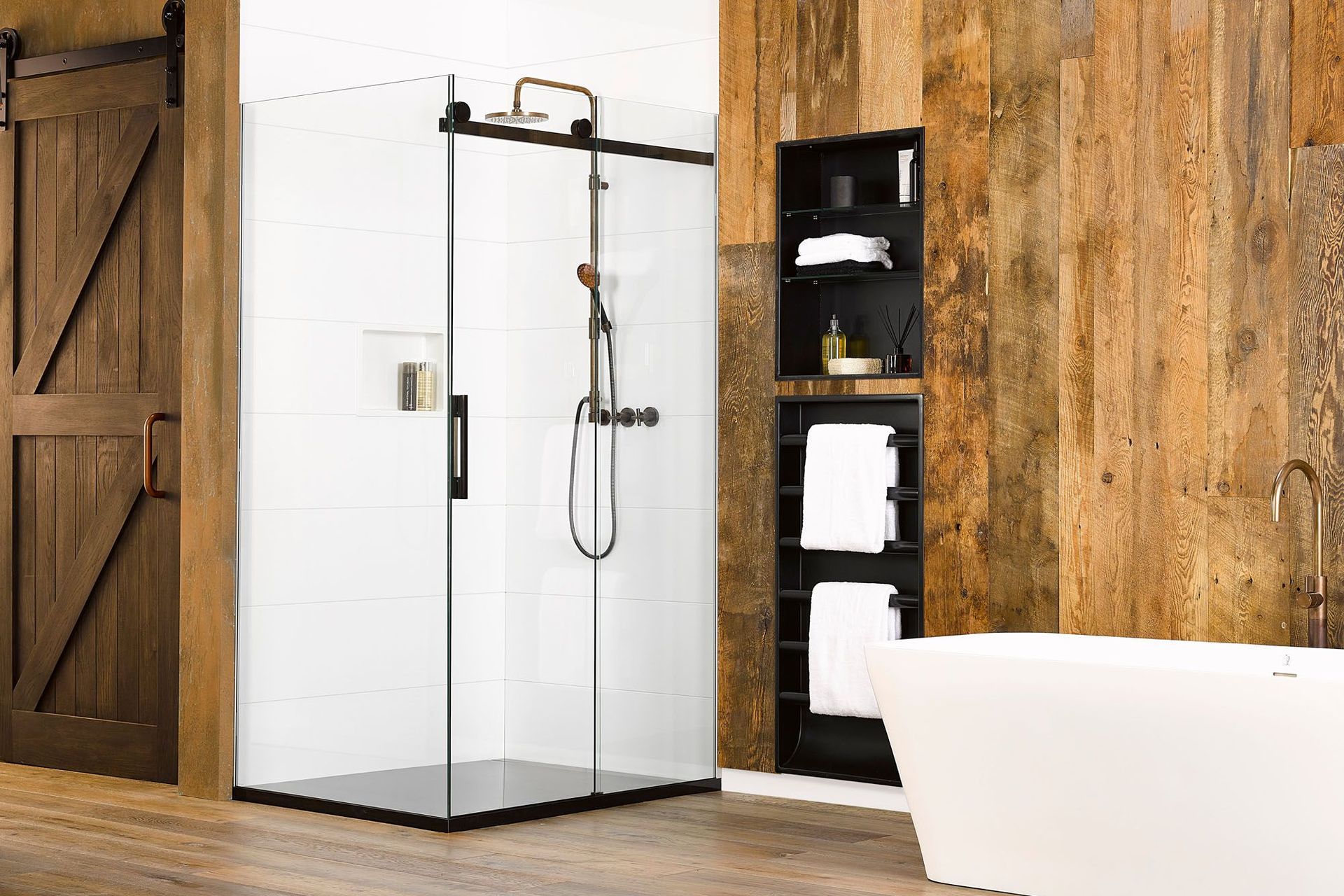
Does a bath or shower use more water?
The most common questions that get asked about showers and baths are around water usage and which consumes more.
Whether a bath or shower uses more water can depend on several factors (like how much you fill the tub or how long you take to shower). However, baths almost always use more water.
A full bath will use about 150 litres of water compared to an average shower that dispenses 9.5 litres of water per minute. That means you’d have to have at least a 15-minute shower to exceed the amount of water used in a full bath.
However, there are ways to reduce this for both. For baths, you don’t need to always fill the water to the top and you can get slower-flow showerheads that reduce the amount of water used per minute below the standard quoted here. This can lead to significant water savings resulting in a lower water bill and better environmental outcomes.
Related article: Bath sizes in New Zealand — making the right choice
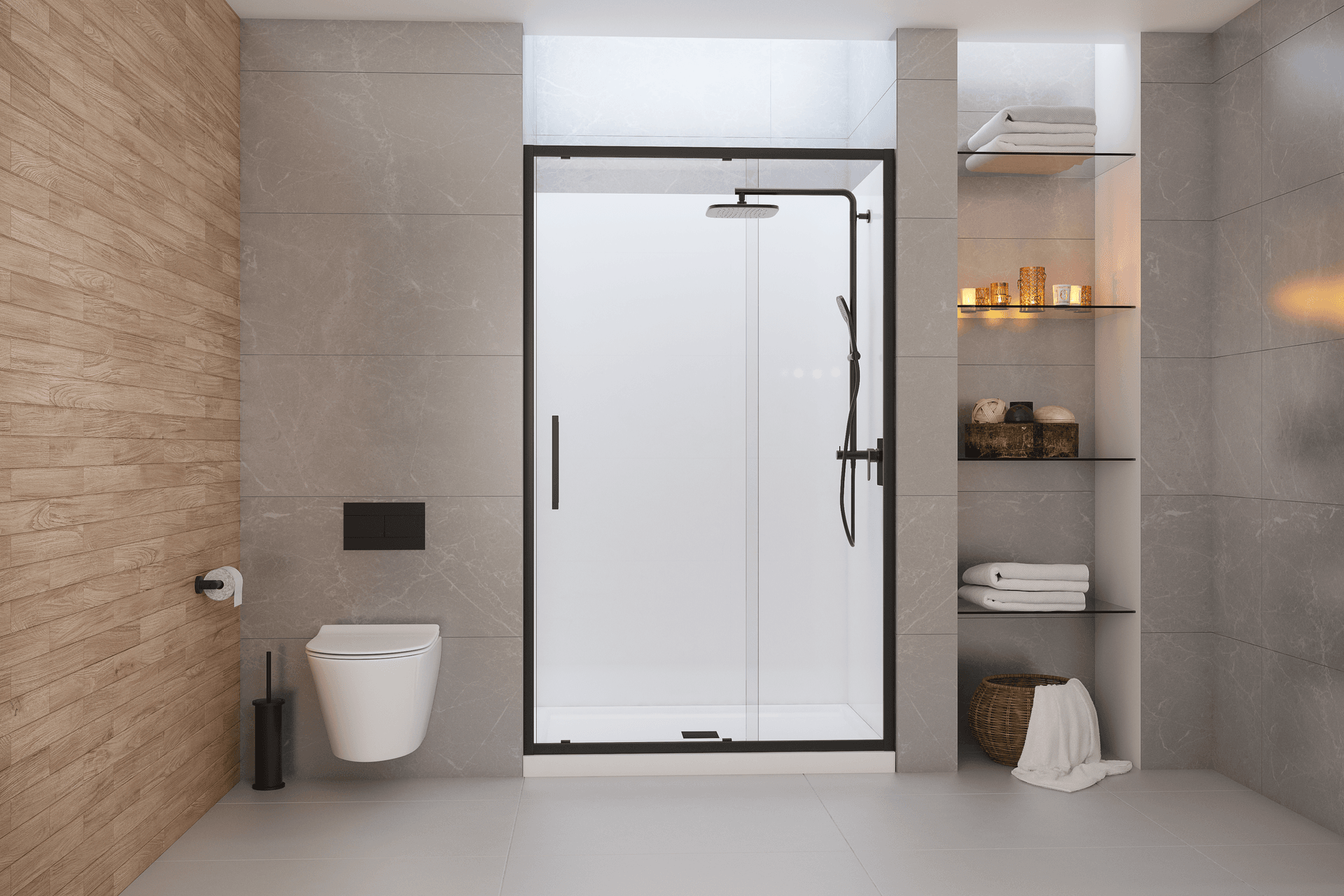
Are baths more expensive to install than showers?
Yes, baths tend to be more expensive to install than showers on average but there are a few variables that can influence this.
Installing a shower will typically cost around $1,000 on average while installing a bathtub often costs upwards of at least $1,500.
As mentioned, many variables can drastically change this, like the type of shower or bath. A walk-in shower, for instance, typically requires full tiling around the floors and walls which can significantly increase its cost above and beyond that of a simple drop-in bath. Likewise, a luxurious, cast iron freestanding bath may need additional structural support in the flooring for its installation, which would increase the cost for that type of bath.
In any situation, it’s always best to get a number of quotes from different bathroom professionals before deciding which is the best option for you.
Related article: Bathroom renovation costs in New Zealand — a full breakdown
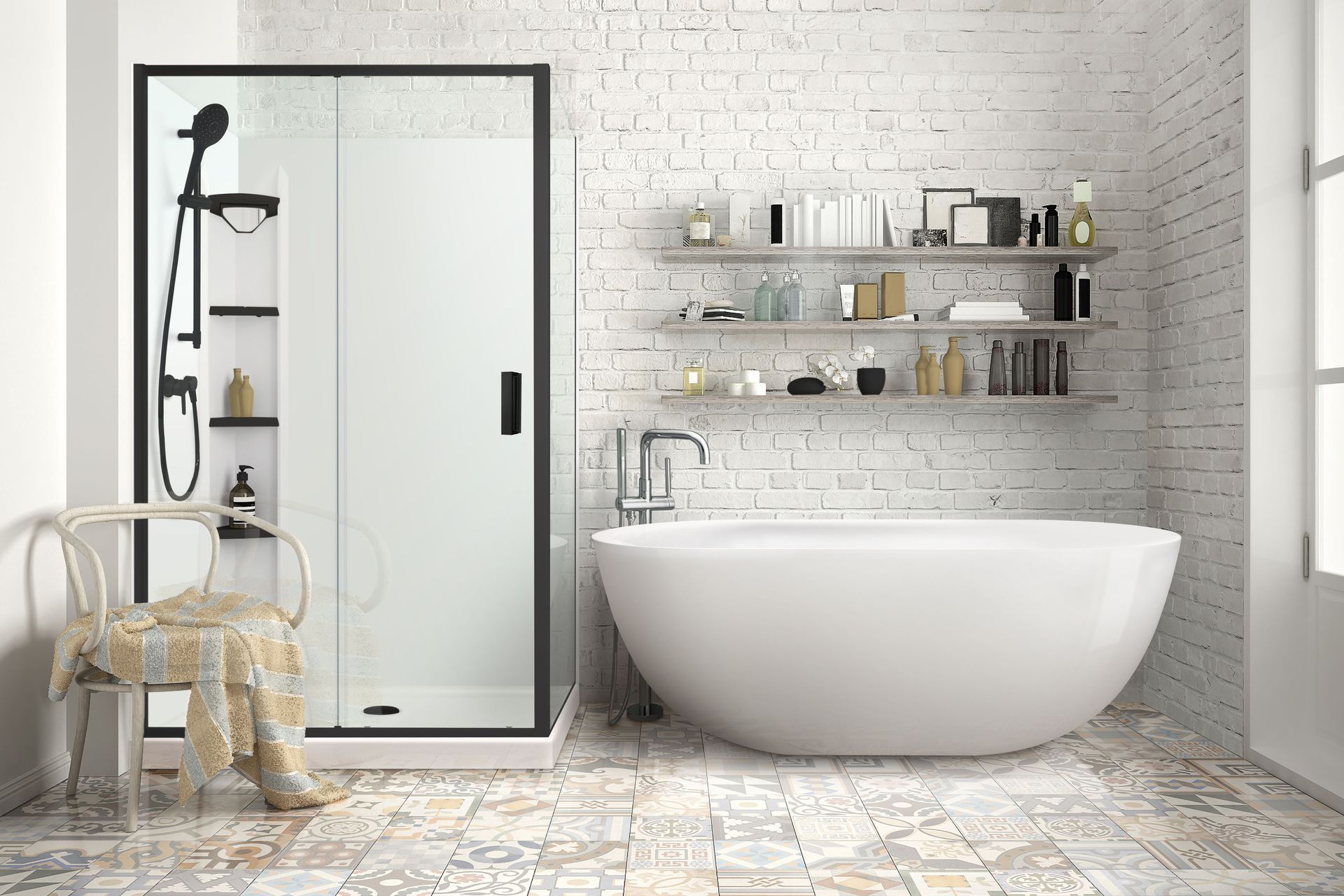
Are baths cleaner than showers?
Generally speaking, showers are considered to be a cleaner way of washing your body than baths but it’s something that is somewhat down to your method and even then, still debated by some.
The argument for showers is that when you take a shower, clean hot water rinses off your body from head to toe, eliminating any dirt or soap almost immediately. The shower's water pressure also helps mix with your shampoo and body wash to break down the oils and sweat.
In a bathtub, you're sitting in the same water the entire time, meaning you're also sitting in the dirt, oil, and bacteria that came off of your body. However, some people do give themselves a light scrub and rinse first before using the bath so they are clean going in.
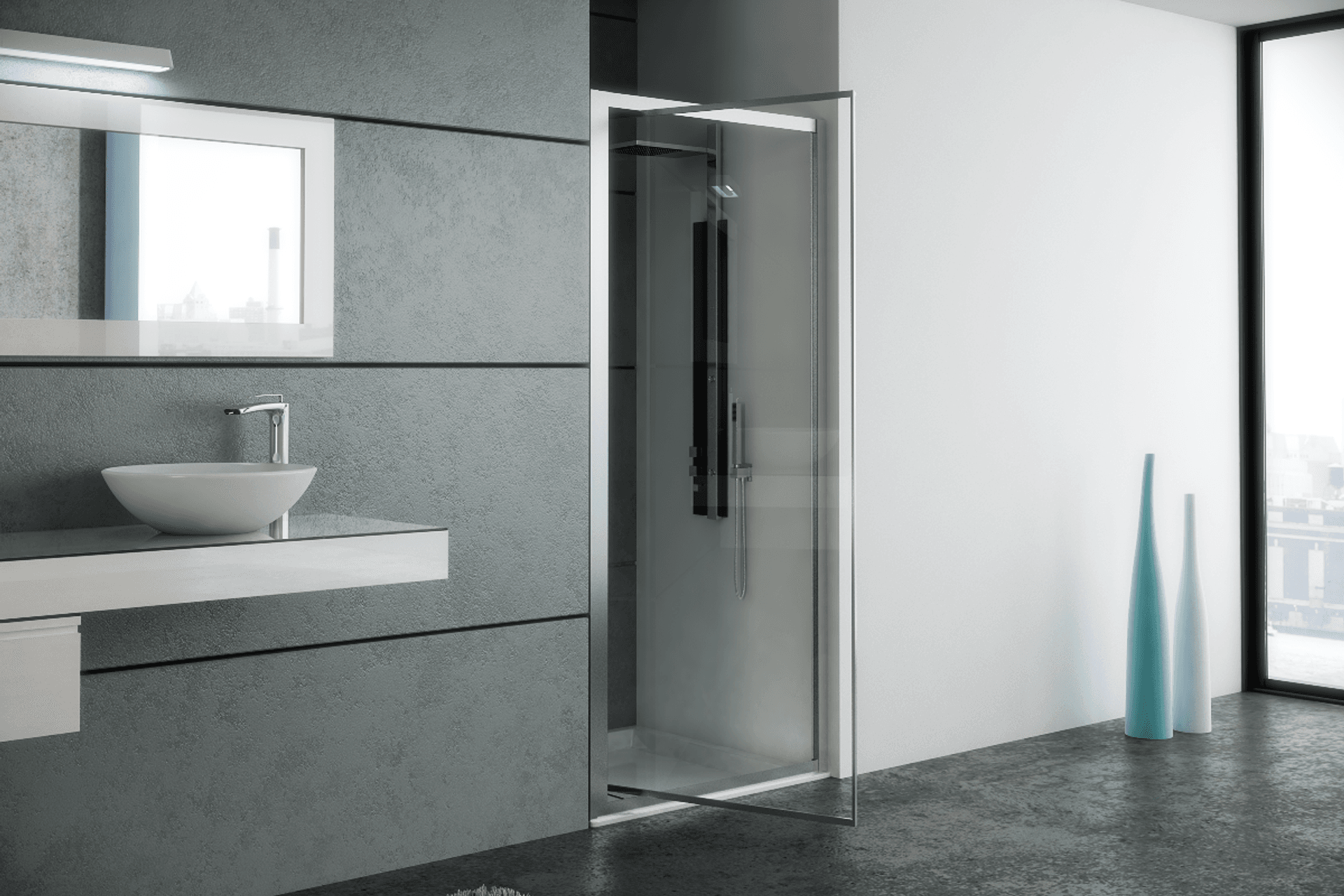
Why are baths so relaxing?
If you've ever taken a dip in a pool or sat in a hot tub, you know the soothing effect that submerging your body in water can have.
A warm bath helps relax your muscles and loosen up any tension you have in your body. It can also calm down your nervous system so you feel more at ease.
What are the benefits of baths?
In addition to the aforementioned qualities of relaxation, there are a number of other benefits to having a bath in the home.
1. Relaxation and stress relief
It's a massive plus so needs to be reiterated. Soaking yourself in a large tub of hot water will do wonders for muscle tension, help you alleviate stress, and will be incredibly relaxing. Compared to showers, which can be quite noisy, a bath is quite peaceful too.
2. Family-friendly for washing children and pets
Anyone who has had kids will strongly attest to this point which is that baths are nearly always the easier option for washing kids than showers. The same goes for pets, which is a challenging process at the best of times. Both have a natural dislike for showers and a bath provides a safe, controlled vessel to get the job done.
3. Improved sleep and wellness
This point is closely tied to the first one and that a bath can help loosen tight muscles leading to a more restful night's sleep. It can also help in pain relief, improve blood circulation and regulate body temperature, prepping yourself perfectly before bedtime.
4. Aesthetic appeal
Few will deny the aesthetic appeal of a designer bathtub in a master bathroom, especially in the modern era. Improved manufacturing processes and inspiring design influences have led to some incredible baths that serve all your practical needs and take your breath away. They allow you to make a real statement of your bathroom in a way no shower can.
5. Resale value
For many homebuyers, bathtubs are seen as a highly desirable feature making it a furnishing that adds resale value to the home. The absence of one can actually hurt you with respect to this as some will rule a property out altogether without a bath in the home.
Explore an extensive range of high-quality bathtubs on ArchiPro
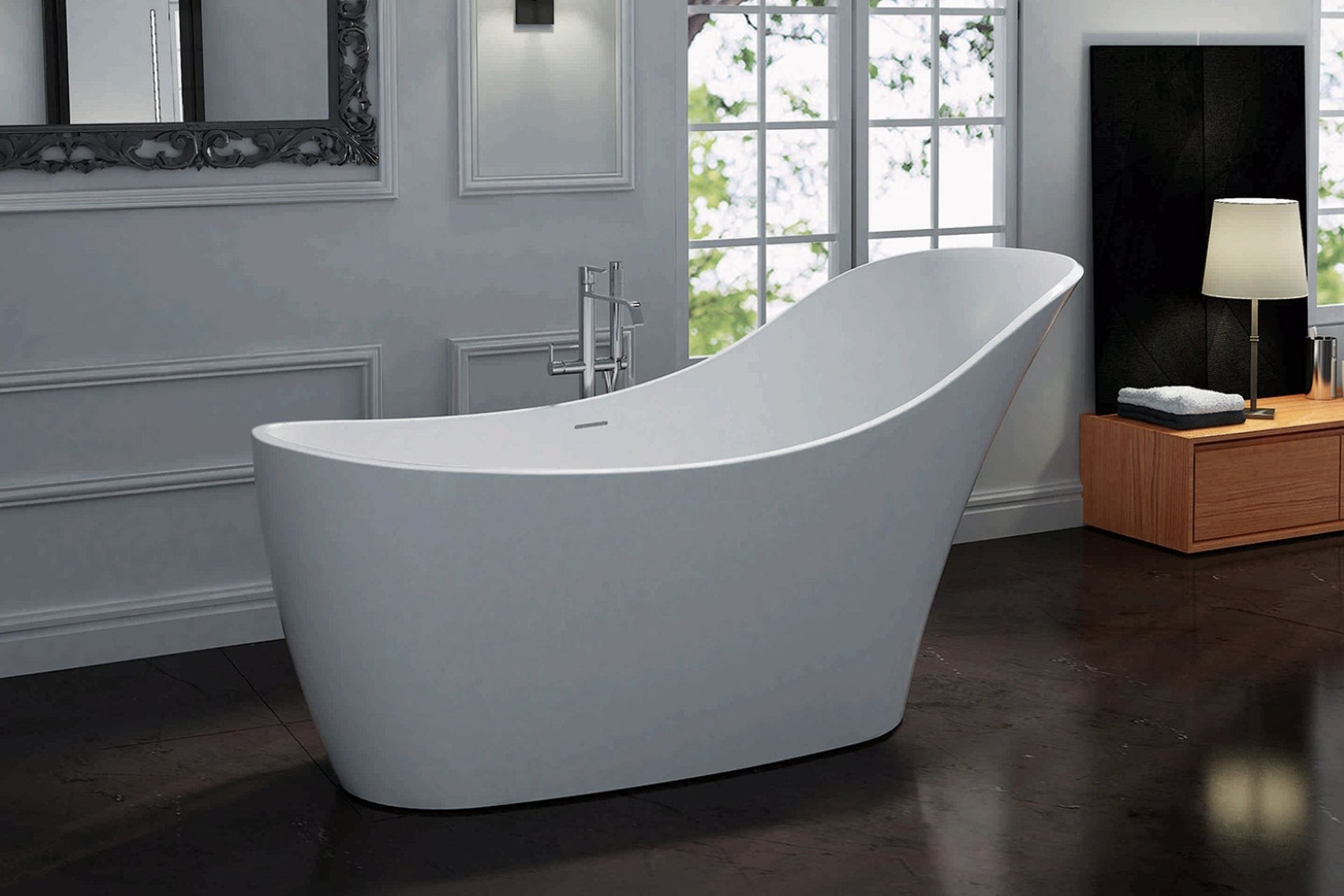
What are the benefits of showers?
While baths clearly have a lot to offer, showers have their own unique qualities that make them an essential addition in their own right.
1. Convenience and efficiency
For some, the shower is the only option that complements a busy lifestyle. There's no downtime for use and you're in complete control of how long you're in there for. This saves you time, water and money (for water and electricity bills) making them incredibly efficient when you want them to be.
2. Space-saving solution
Shower enclosures start from around 900mm x 900mm making them a great option for small bathrooms compared to bathtubs which are at least a body length. They are also much easier to get into for people with mobility limitations as they don't have a ledge to negotiate either.
3. Water conservation
Water shortages are becoming increasingly common during the summers in New Zealand making this trait particularly relevant. The ability to control the time spent in a shower allows you to manage your water resources precisely. Installing a low-flow showerhead will help you save water on top of this for better environmental outcomes.
4. Personalisation potential
There's quite a bit of personalisation that can go into a shower that you might not appreciate at first glance. There's the choice of showerhead already discussed, the choice of tapware (type and style) and the finishes for all your shower hardware. The size of your shower is another choice you can make as well as the material used which includes tiled showers. There are also storage opportunities within the shower with niches, body jets, steam showers and more.
5. Health benefits
Showers are highly effective at removing dirt, sweat and bacteria helping you maintain impeccable hygiene on a daily basis. The thorough rinsing of your skin and hair with warm water helps keep you healthy too. Therapeutically, a warm shower can help ease tension, reduce stress and boost your mood too, leaving you energised for the day ahead.
How long should you shower?
While people tend to take a shower for anywhere between 5 and 15 minutes, it's recommended that you keep it under 10 minutes. Surprisingly enough, showering for longer than 15 minutes can dehydrate your skin. This is because your pores stay open for so long that the moisture in your skin evaporates, and the water washes away necessary natural oils.
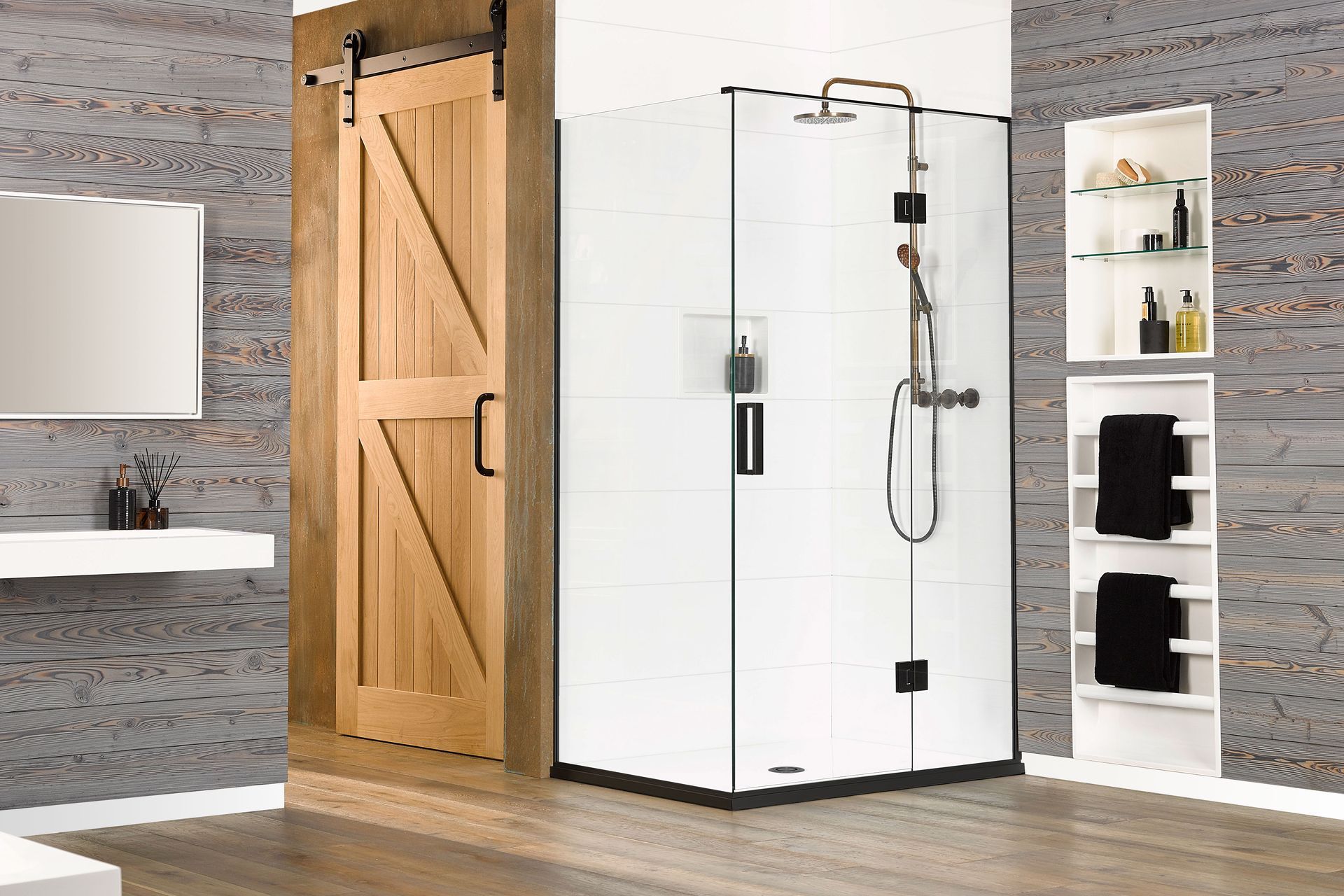
How long should you bathe in the bath?
It's recommended that you only soak in the bathtub for 5-10 minutes. This may seem short, but if you soak much longer, it can have negative effects on your skin, for much the same reasons as a shower.
A long bath can dry out your skin. Not only that, but it can cause further damage by stripping the skin of needed oils and bacteria. This makes it easier for unhealthy bacteria to enter your body.
Should you rinse off after a bath?
It's not required, but rinsing off in the shower after you've taken a bath is something that you can consider.
Rinsing off will ensure you don't have any old soap or dirt on your body anymore. It makes even more sense if you use special oils or bath bubbles that you don't want to stick to you afterwards.
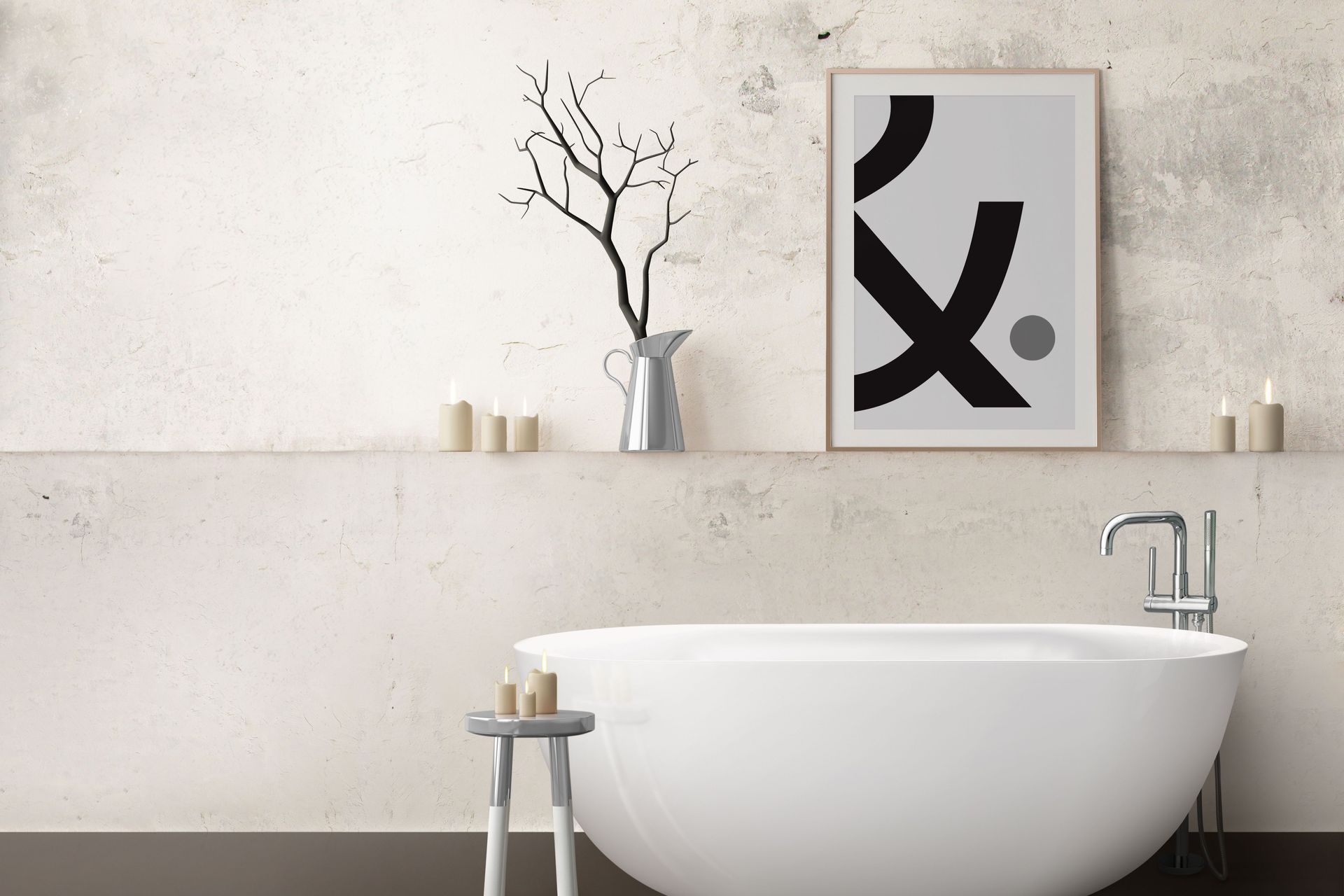
Bath vs shower: the choice is yours
When it comes to a shower vs bath, the choice, ultimately, is up to you. Our modern, busy lives often mean showers will be the usual choice for most daily. They can be fast, efficient and good for low water consumption if you’re quick and disciplined about it. However, when your muscles are sore and your body is tense, few things beat the remedy of a full body soak to leave you feeling calm and relaxed.
(This article was updated on 20th November 2024)
Browse a huge range of designer bathroom products on ArchiPro